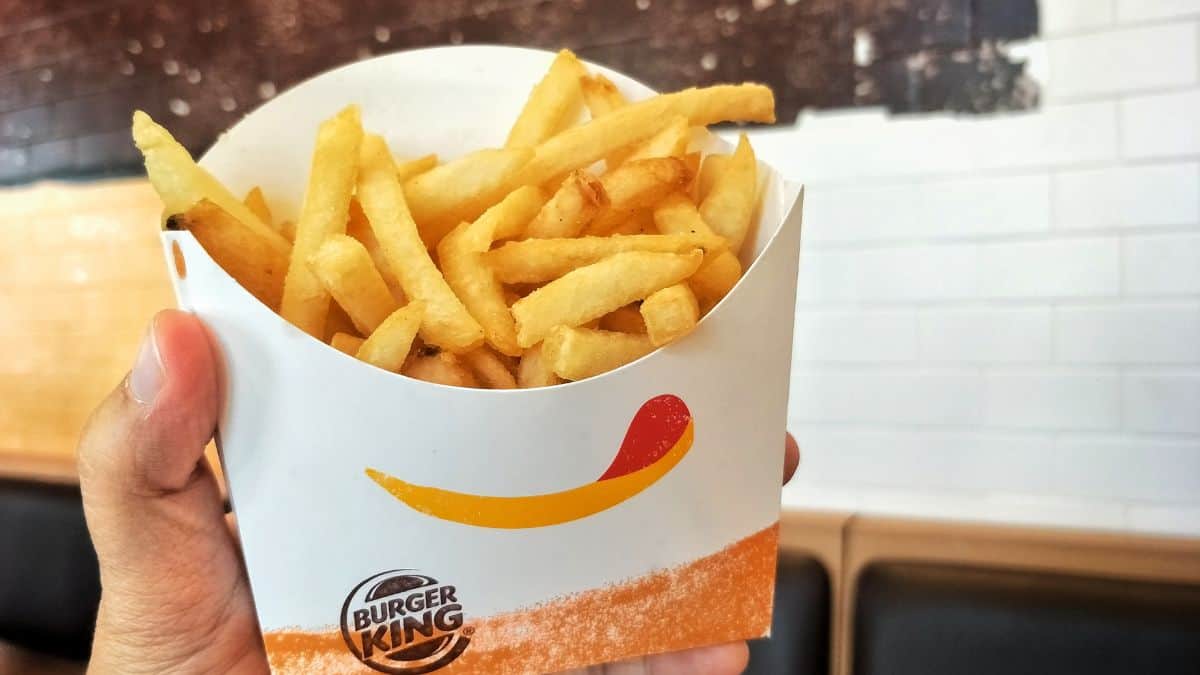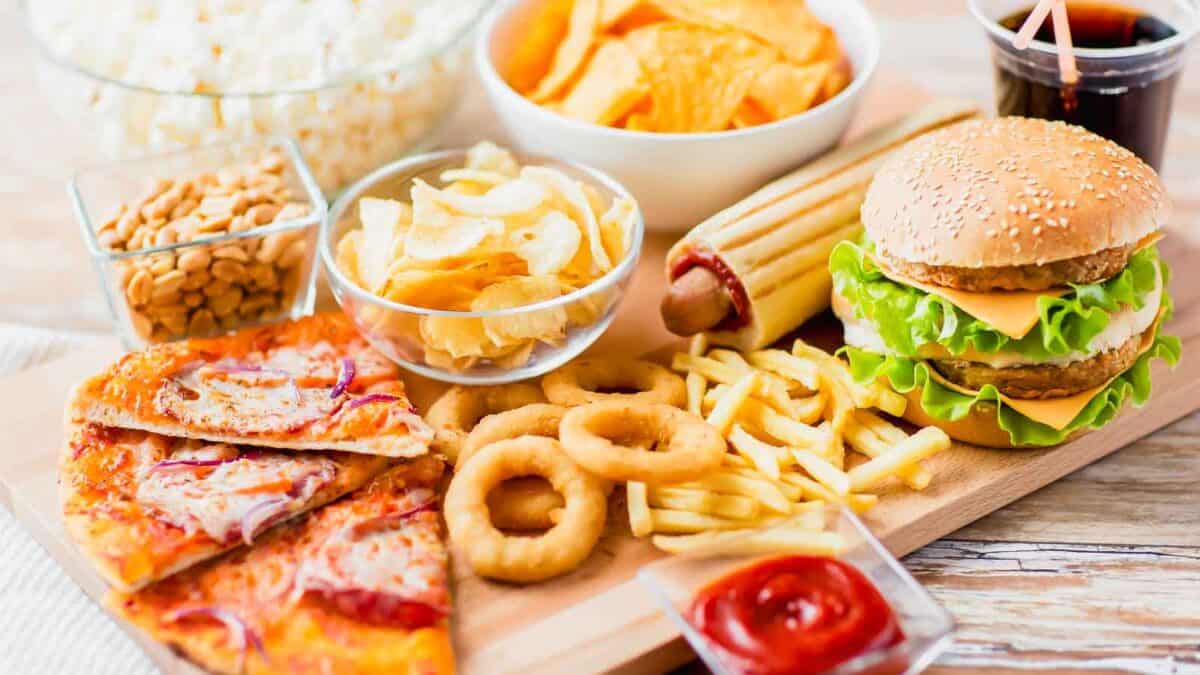Fast food is convenient and tasty, but there’s a lot that chains don’t want you to know. From hidden ingredients to misleading marketing, there are some eye-opening truths behind your favorite meals. Here are just some of the shocking secrets fast food chains are keeping from you.

Hidden Sugar in Savory Items

Ever wonder why those burger buns taste a little too good? Many fast food items, including savory ones, are packed with hidden sugars. This sneaky addition enhances flavor but also boosts calorie counts and contributes to health issues like obesity and diabetes.
Use of Fillers in Meat Products

Think that burger is 100% beef? Think again. Fast food chains often use fillers like soy protein, starches, and water to bulk up their meat products. This means you’re getting less real meat and more additives, which can affect both taste and nutritional value.
Artificial Colors and Flavors

Those vibrant colors and intense flavors in your fast food meal? They’re often the result of artificial additives. These chemicals make food look and taste more appealing but can have various health implications, including allergic reactions and hyperactivity in children.
High Levels of Sodium

Fast food is a salt mine. The high sodium content in many fast food items can lead to hypertension, heart disease, and kidney problems. Even seemingly healthy options like salads can be loaded with salty dressings and toppings.
Pre-cooked and Reheated Food

Freshness is often just a marketing gimmick. Many fast food items are pre-cooked, frozen, and then reheated before serving. This process can diminish the nutritional value and flavor of the food, making it less healthy and less tasty than you might expect.
Misleading Portion Sizes

Portion sizes can be deceivingly large. A single meal can contain multiple servings, leading to overconsumption of calories, fats, and sugars. Those “small” fries? They’re often anything but small, and it’s easy to consume far more than you intended.
Unhealthy Cooking Oils

The oils used for frying in fast food chains are often high in trans fats and saturated fats. These unhealthy fats are linked to heart disease, high cholesterol, and other health issues. Despite some regulations, these oils remain a staple in many fast food kitchens.
Questionable Ingredient Sourcing

Ever wonder where your food really comes from? Fast food chains often prioritize cost over quality, sourcing ingredients from mass-production facilities. This can mean lower-quality, less nutritious ingredients, and sometimes questionable farming practices.
Misleading Marketing Claims

Marketing can be very misleading. Terms like “fresh,” “natural,” or “wholesome” are often used to describe fast food items that are anything but. These claims can give a false sense of healthiness, tricking you into thinking you’re making a better choice.
Use of Preservatives and Additives

To keep food looking fresh and appetizing, fast food is loaded with preservatives and additives. These chemicals extend shelf life and enhance appearance but can have long-term health effects, including digestive issues and potential links to chronic diseases.
Unsanitary Food Handling Practices

Despite stringent regulations, fast food chains can sometimes fall short on cleanliness. Reports of unsanitary food handling practices, from improper glove use to inadequate food storage, highlight the risk of contamination and foodborne illnesses.
13 Foods You Didn’t Know Are Genetically Modified

Genetically modified foods are more common than you might think, often hidden in plain sight on our plates. While some people are wary of GMOs, others appreciate the benefits they bring to farming and food production. Here’s a list of everyday foods that have been genetically tweaked, along with a brief explanation of why they were modified.
Read it Here: 13 Foods You Didn’t Know Are Genetically Modified
Eat Away Your Allergies With These 12 Foods That Fight Seasonal Sniffles

As the seasons change, so do our allergy symptoms, often leaving us sniffly, sneezy, and downright miserable. But what if you could fight back with your fork? These incredible foods might just to that and help you combat those annoying seasonal allergies. From the anti-inflammatory powers of turmeric to the histamine-fighting punch of apples, dig into some tasty ways to potentially clear up those seasonal sniffles.
Read it Here: Eat Away Your Allergies With These 12 Foods That Fight Seasonal Sniffles
10 Most Dangerous Foods Americans Eat Every Day

Think your daily diet is safe? Think again! Some of the foods we munch on every day are ticking health time bombs, hiding serious risks behind their tasty facades. We’re unveiling some common everyday foods that could be wrecking your health and exposing the truth about what’s really on your plate.
Read it Here: 10 Most Dangerous Foods Americans Eat Every Day
*Select images provided by Depositphotos.
Gina Matsoukas is an AP syndicated writer. She is the founder, photographer and recipe developer of Running to the Kitchen — a food website focused on providing healthy, wholesome recipes using fresh and seasonal ingredients. Her work has been featured in numerous media outlets both digital and print, including MSN, Huffington post, Buzzfeed, Women’s Health and Food Network.












